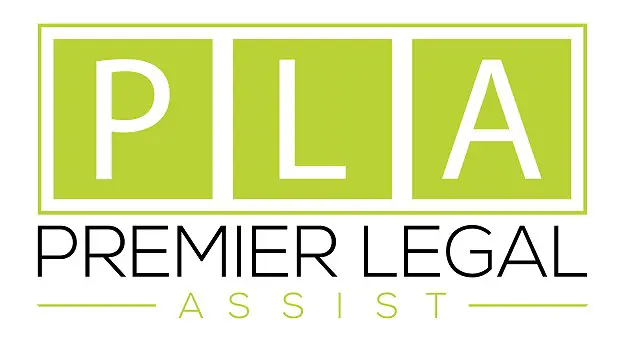Newark and Sherwood District Council Sees 500% Increase in Damp and Mould Complaints
In response to changing housing legislation, Newark and Sherwood District Council has pledged £250,000 to tackle a 500% increase in damp and mould and 670% increase in disrepair reports and admits that its “current structure…may not keep up with the volume of damp, mould, and disrepair cases,” as new legislation comes into force later in 2025.
Mounting mould and disrepair complaints
Newark and Sherwood District Council has seen reports of disrepair, mould and damp rise exponentially, with 811 repairs made between April and December last year. Over the same period, 795 inspections were made due to the same issue.
In one document, the council cites “the increased publicity around the general condition of social housing” as a potential reason for the uptick in complaints. However, with new regulations on the horizon for councils and social housing landlords, many tenants are becoming more educated on their legal rights and the effects of mould and damp on their overall health.
Establishing resources to meet tenant needs and legal demands set out by the Social Housing (Regulation Act) 2023, established in April last year, has put "significant pressure" on Newark and Sherwood District Council. In response, they have invested £250,000 into resolving the issues by recruiting staff to tackle mould and damp and to support ongoing work.
What legislation do tenants need to know about?
The Social Housing (Regulation Act) 2023 outlines specific terms for investigating housing complaints, which landlords must carry out.
Additionally, under the Landlord and Tenant Act 1985 and the Homes (Fitness for Human Habitation) Act 2018, tenants have the right to live in a property that is fit for human habitation at the beginning of their tenancy and throughout. This requires private and social landlords to act on complaints within a reasonable timeframe.
Awaab’s Law
Awaab's Law is another piece of legislation passed in 2023 as part of the Social Housing (Regulation) Act 2023. It is named after Awaab Ishak, a two- year- old boy who tragically died of mould exposure in social housing in December 2020.
Following Awaab's preventable death, local authorities and social housing providers are facing additional regulation to ensure the system does not fail other tenants facing similar circumstances. The Law will pose significant legal implications for landlords and organisations who fail to respond to complaints appropriately, urging them to offer better solutions. This, in turn, will protect social housing tenants from unsafe conditions.
The Law will be enacted in October 2025 and gradually phased in over the next two years. In the meantime, landlords are urged to get ready for the changes.
Landlords and tenants should be aware of the following milestones:
- October 2025: Landlords must address damp and mould hazards in a fixed timescale and perform emergency repairs, including those linked to damp and mould, within 24 hours.
- 2026: Initial requirements will be extended to include other serious hazards, such as excess cold and heat, structural issues, fire, electrical problems, and hygiene hazards.
- 2027: The Law will be extended to include all remaining hazards defined by the Housing Health and Safety Rating System (HHSRS), excluding overcrowding.
Following the introduction of The Social Housing (Regulation Act) 2023 and Awaab's law, councils like Newark and Sherwood District Council recognise the consequences of failing to keep up with tenant complaints, citing Housing Regulator intervention and action from the Housing Ombudsman.
Raising a complaint with the Housing Ombudsman
If a social housing provider has failed to provide a safe living space or respond to a complaint in a reasonable amount of time, tenants can progress their complaint with the Housing Ombudsman service (HOS) or seek legal advice for a housing disrepair claim.
Premier Legal Assist are on hand to help
If you are living in disrepair, with unresolved issues such as mould, leaks, broken heating, or structural issues, and your landlord has refused to act, or has not acted within a reasonable timeframe, you may be entitled to make a claim.
Premier Legal Assist can connect you with a team of specialist housing disrepair lawyers who operate on a 'no-win, no-fee' basis. Our panel of housing law specialists has years of experience dealing with local councils and housing associations across the UK.
To find out if you may be eligible to make a 'no-win, no-fee' claim, complete our short form.
Other Insights
Important Information
Premier Legal Assist is a claims management company. You do not need to use a claims management company to make your complaint, you can complain to the organisation you are complaining about directly. If the issue is not resolved, you can refer it to the relevant independent Ombudsman service for free.
For personal injury claims, you do not need to use a representative to make a claim for low-level personal injuries sustained in a road traffic accident. You can claim through the online Official Injury Claims portal yourself, for free. If your injury damages exceed the small claims limit, we recommend you use a specialist legal service.
For all other types of personal injury, including medical negligence, employment claims and workplace injuries, we always recommend discussing your claim with a legal professional. You should only proceed with a claim when you understand the risks and associated costs.






